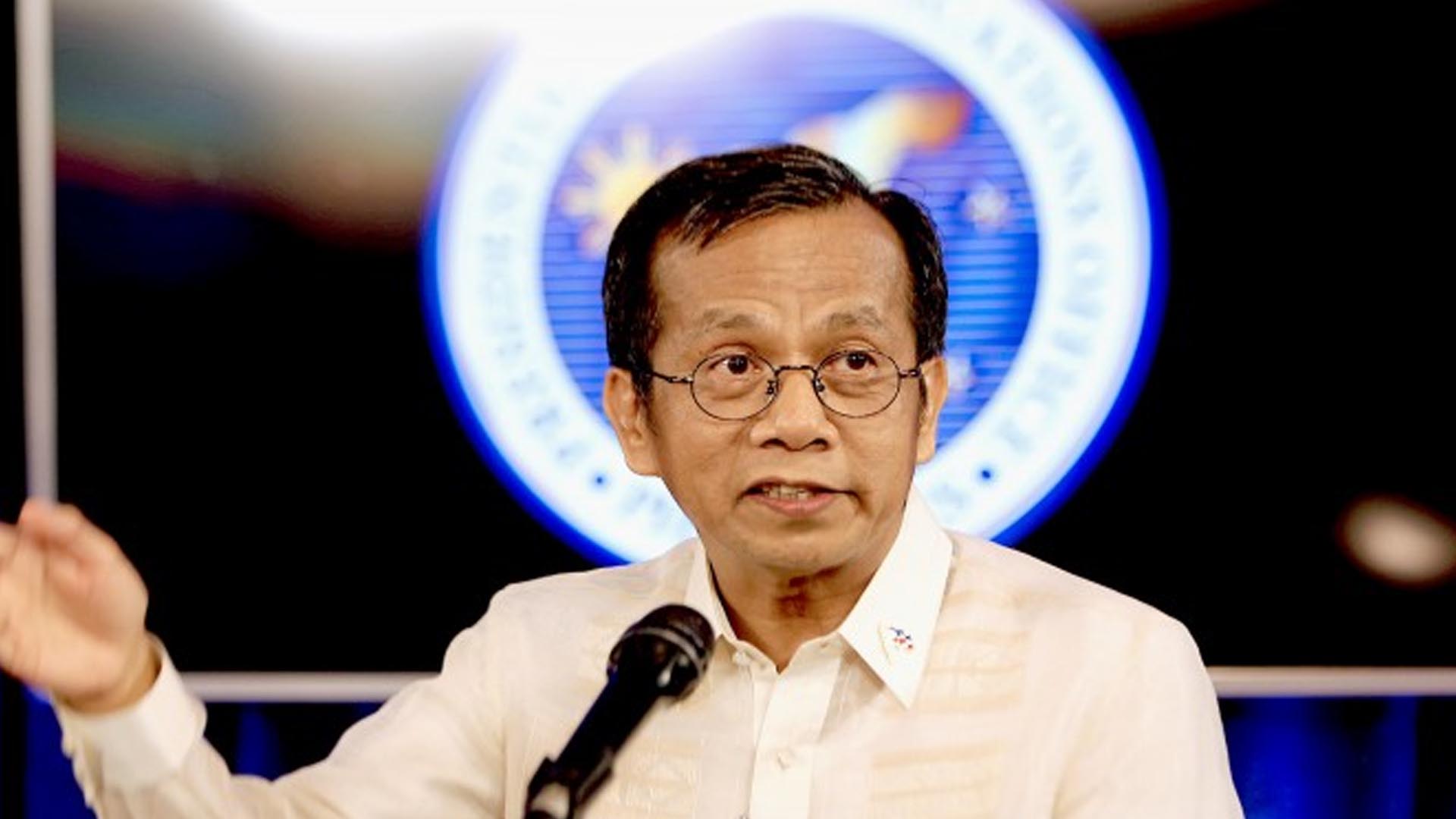National Economic and Development Authority (NEDA) Secretary Arsenio Balisacan on Monday underscored the importance of updating the economic provisions in the Constitution to attract more foreign direct investments (FDI) and help achieve the Philippine Development Plan (PDP) 2023-2028 targets toward inclusive growth.
During the Committee of the Whole deliberations on Resolution of Both Houses (RBH) No. 7, Balisacan said “massive amounts of investments” in both physical and social infrastructure, as well as human capital, are needed to attain the PDP goals of rapid and inclusive economic growth through high-quality and better-paying jobs and a single-digit poverty rate target by 2028.
Balisacan said President Ferdinand R. Marcos Jr. has given his directive to update the Constitution to “meet the daunting challenges of the present and prepare us for the uncertainties and complexities of the future”.
“We must lift restrictions on critical sectors such as public utilities, education, mass media, and advertising so that we can realize their untapped potential and enable them to contribute to the country’s economic progress,” he said.
Balisacan said the restrictive economic provisions have resulted in lower levels of FDI flows to the country, allowing the Philippines to be surpassed by its neighbors in terms of attracting foreign investments and economic development.
“Compared to our dynamic neighbors, historical data show that the Philippines has obtained a smaller share of FDI inflows that could have generated more economic and social opportunities crucial for inclusive growth and development,” he added.
Balisacan said the Philippines has missed several chances to attract FDI, technological know-how, and managerial talent, which are needed to raise the country’s productivity and competitiveness in the global arena.
“Though we have made significant progress, our neighbors have proceeded at a far more desirable pace. We must catch up, not be held back by uncompetitive markets dominated by a few players, expensive inputs that result in higher prices for end-consumers, and incomplete value chains that prevent us from producing more technologically complex goods and services,” he said.
Balisacan said opening up public utilities to foreign investment will improve the quality and affordability of services such as energy and water distribution, and offer viable options to address the financing gaps in the infrastructure sector.
In the education sector, Balisacan said the initiative will ensure that Filipinos can access global knowledge, skills and technology that can nurture a culture of innovation, thus positioning the Philippines as a competitive hub for knowledge exchange in the region.
He said allowing foreign investment in mass media will allow the industry to modernize and keep pace with international trends, while greater foreign ownership in advertising will “reinvigorate the creative excellence” of the local advertising industry through new ideas, technologies and best practices.
Balisacan, however, urged Congress to address other issues that hinder investments, whether foreign or domestic.
“Amending these economic provisions is one complementary strategy to unlock the country’s economic potential. Let me emphasize that we only reap the benefits I mentioned if we also address the other problems involving energy costs, inadequate connectivity infrastructure, slow bureaucratic processes, inconsistent local and national regulations, and highly concerning learning poverty and malnutrition,” he said.
Speaking for the Department of Trade and Industry, Assistant Secretary Agaton Uvero said the proposed economic amendments “are expected to result in more foreign direct investment, international education, globally competitive mass media, international advertising, and modern utilities.”
“Increased investments expand the economy and create jobs. Access to world-class education and research facilities nurtures a culture of innovation, entrepreneurship, and creativity among Filipino students, teachers and researchers,” he said.
Agaton said the DTI supports amending the economic provisions of the 1987 Philippine Constitution to enable the country to “adapt and respond to current and future socio-economic conditions.”
“This support is driven by a collective desire for economic and social transformation that will accelerate the uplifting of the lives of all Filipinos,” he said.
For his part, Monetary Board Member Romeo Bernardo said the Bangko Sentral ng Pilipinas (BSP) supports efforts that will promote inclusive economic growth of the country, which include the easing of restrictive economic provisions in the 1987 Constitution.
“BSP believes that reducing, if not removing, restrictive provisions will facilitate increase in foreign capital investment and hasten the growth of the economy, which, in turn, can expedite the ability of the nation to realize inclusive economic growth,” he said.
Bernardo said the proposed economic Charter amendments address major challenges in attracting foreign investments which, in turn, help achieve growth and financial resilience.
“To fully realize the economic benefits of such amendments, it would be instructive to advance policies that would enable domestic industries to develop and enhance their productivity,” he said.
The Department of Finance (DOF) led by Secretary Ralph Recto also expressed support to the economic amendment proposals.
In a position paper presented to the Committee of the Whole House, the DOF said it supports the opening up of certain sectors of the economy to foreign ownership including public utilities, mass media, advertising, education and mining.
The DOF, however, opposed foreign ownership of land. (PNA)







